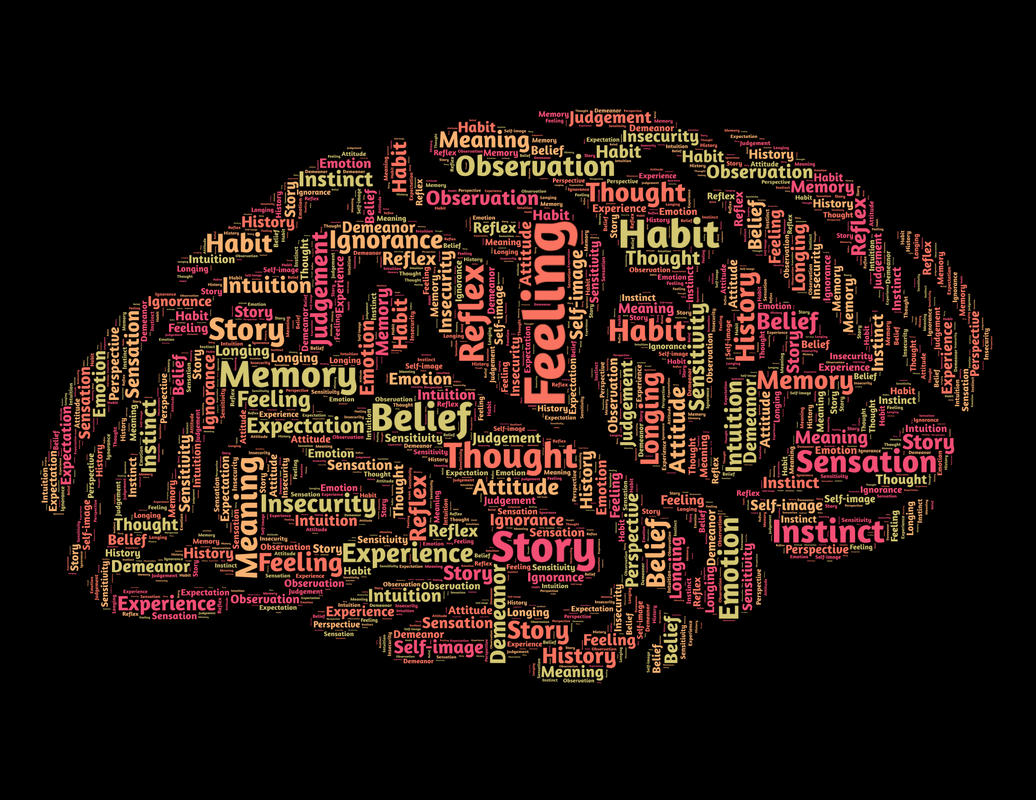Now that I know what it is, how do I stop it?In both non-hungry/boredom eating and emotional eating, the first step to getting it under control is to acknowledge that it is a problem. It is also important to recognize that it has a biological basis and is not necessarily a moral failing. Biology is a powerful driver of our behavior. Giving into a craving does not make you a bad or a weak person. It makes you human. It is also important to understand that willpower is a limited resource. We often blame a lack of willpower when we cave to a craving, yet most experts agree that willpower is a finite resource, and while some of us likely have a bigger reserve than others, most of us will reach the bottom of the barrel at some point. When you accept the limitations of willpower and motivation you will begin to appreciate the importance of planning in order to ensure better food choices. Mindfulness is KeyBecause boredom and habitual eating is primarily driven by habit, you have to address the habit. This starts with mindfulness, the ability to be aware in the moment and to make conscious choices rather than simply react. Yes. I know. This is hard. Habits by nature are an attempt for the brain to bypass a mindful state. The point of autopilot is so that you don't have to waste time or energy thinking about it, and the brain will resist your efforts, at least initially.
Unfortunately, the only way to change a habit is to stop yourself in the moment and take inventory of your motivations and your choices. I want a cookie. Okay, are you hungry, tired, or bored? Do you want the cookie simply because it is there and it smells good and it looks good? Does the benefit of eating that cookie (the enjoyment you experience) outweigh the costs (gaining weight)? Sometimes the answer may be yes, and that's okay. The point of mindfulness is to make a conscious decision rather than an automatic one. And it takes practice. Lots and lots of practice. (Don't worry. We will be exploring real strategies in part III of this series). Overcoming emotional eating also requires mindfulness. Emotions like anger, fear, frustration and sadness are normal. They are automatic, and we have no control over the emotions we feel. What we do have control over is how we deal with those emotions. Many of us avoid discomfort at all costs. So when sad, we eat or drink to make us feel better. When angry, we throw things, scream, and/or eat a gallon of ice cream. When afraid, we seek comfort through binge watching Netflix and binge eating pasta. Obviously, eating to sooth ourselves isn't necessarily always a bad thing. Coping mechanisms serve a purpose even if they can have unwanted side effects. But ultimately, while an oxymoron, we must learn how to be comfortable with being uncomfortable. A mindful approach to eating allows us to create distance between ourselves and the emotion or the impulse in the moment. So, I'm angry. Huh. Okay. I don't like how that feels. By creating some distance and allowing yourself to experience the emotion non-judgmentally, you give the emotion a chance to play out. Most emotions peak and then wane. The point is to let the emotion(s) pass without reacting. Again, mindfulness requires awareness, and it takes practice. It's a skill like any other that takes time to master. And it starts with your head. With the story you tell yourself. With the inner dialogue you create and with your attitudes about food, about eating, and about yourself.
0 Comments
Your comment will be posted after it is approved.
Leave a Reply. |
AuthorShaun Taylor Bevins Archives
April 2020
Categories
|

 RSS Feed
RSS Feed